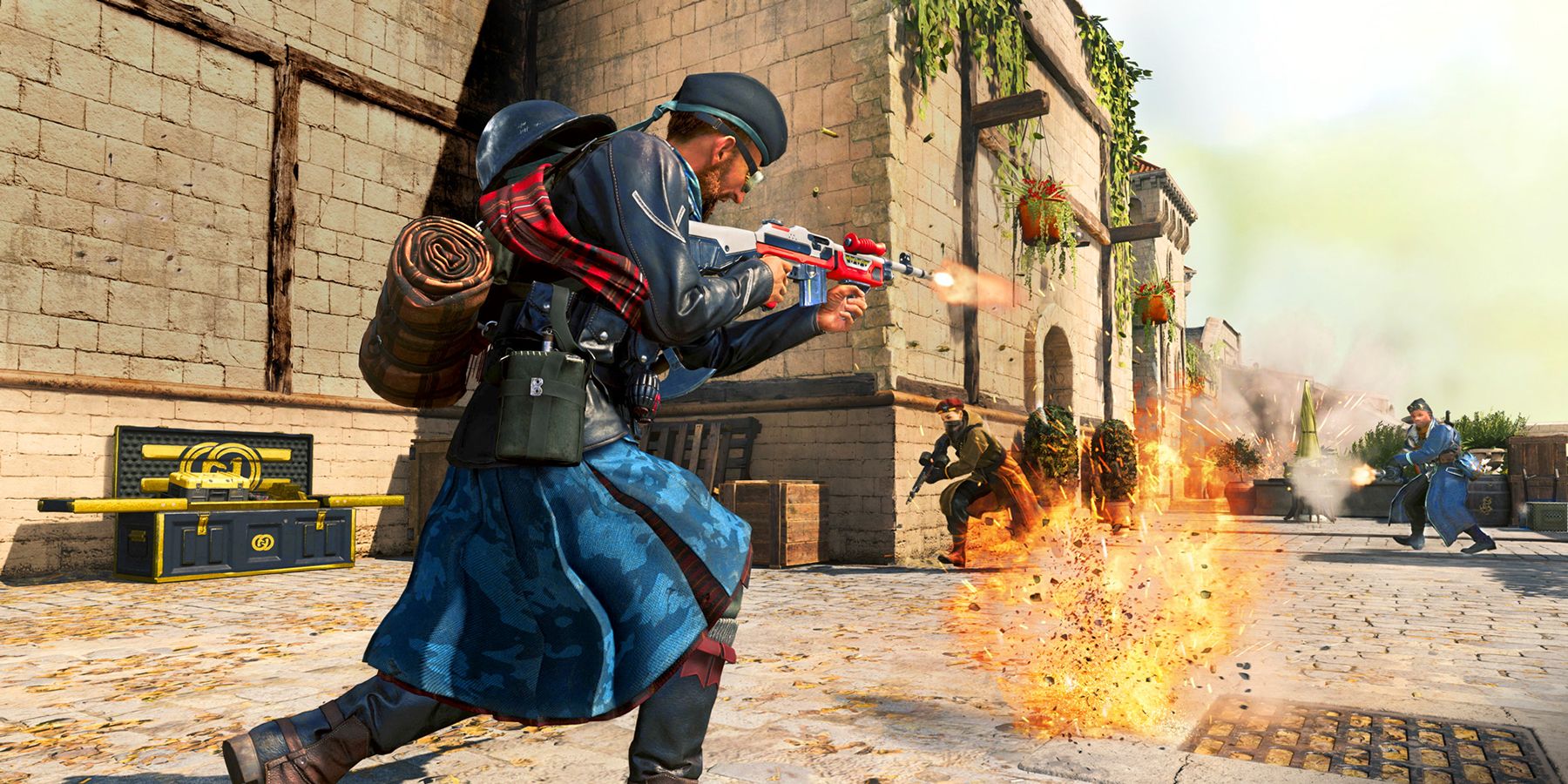Most people who enjoy multiplayer first-person shooters can agree that cheating is a persistent problem that has negatively impacted many games, in some cases almost killing them off entirely. For an example of this, one need only look at the fate of Respawn’s Titanfall that was permanently pulled from online storefronts after years of being plagued by hackers and cheaters. But one of the franchises most prolifically plagued by cheaters is Call of Duty, which by its very nature, with multiple games available at the same time and a player base of millions, offers prime real estate for unscrupulous players.Activision has been actively combatting cheaters in Call of Duty games for years, with little noticeable success. Ricochet Anti-Cheat rolled out to Call of Duty: Warzone and Vanguard in early December 2021, and the company has regularly given updates on its effectiveness. Shortly after its implementation, Activision announced that 50,000 Warzone players had been banned in a single day, and most recently, it was revealed that 90,000 cheaters were removed.According to Activision Blizzard CEO Bobby Kotick, more than 250 million people played a Call of Duty game in 2020, but as the player base grows, so too does the proportionate number of cheaters. Activision has released a progress report on the status of Ricochet Anti-Cheat and the changes, both recently implemented and coming soon, that are intended to discourage cheaters in the games: Damage Shield, Cloaking, and Disarm.
The first of these is a Damage Shield that was added in February and renders a cheater incapable of inflicting critical damage to other players. The second is Cloaking which makes Call of Duty players invisible to cheaters and was introduced in an April update. The newest mitigation system is called Disarm and will do just that to players caught cheating. When Ricochet Anti-Cheat detects that somebody is cheating in Call of Duty: Warzone or Vanguard, it will remove that player’s weapons. This includes fists, meaning cheaters cannot even melee attack.
Some might wonder why the system doesn’t simply boot recognized cheaters from the games. The progress report answers this question as well, explaining that the goal is to keep cheaters in the game so that their tactics can be analyzed by the system and countermeasures thereby developed. An anti-cheat system is not a simple switch that automatically covers all bases. Rather, clarifies the report, it works more like an anti-virus that constantly has to analyze changing situations and come up with new deterrents.
When Ricochet launched in 2021, it was already starting off in a bad spot. The proprietary Ricochet Anti-Cheat program was apparently leaked to hackers, potentially rendering it useless. Even without that hiccup, Call of Duty cheaters were quick to mock the system by creating usernames like “NiceAnticheat” and “@YesImHacking.” “Since Ricochet Anti-Cheat launched last year,” states the Activision Blizzard progress report, “we’ve seen both significant drops in cheaters invading our games as well as some unfortunate increases – an expected ebb and flow that is a frustrating reality in game security.”
Call of Duty: Warzone and Call of Duty: Vanguard are currently available on PC, PS4, PS5, Xbox One, and Xbox Series X.
Sources: Call of Duty, Activision Blizzard

